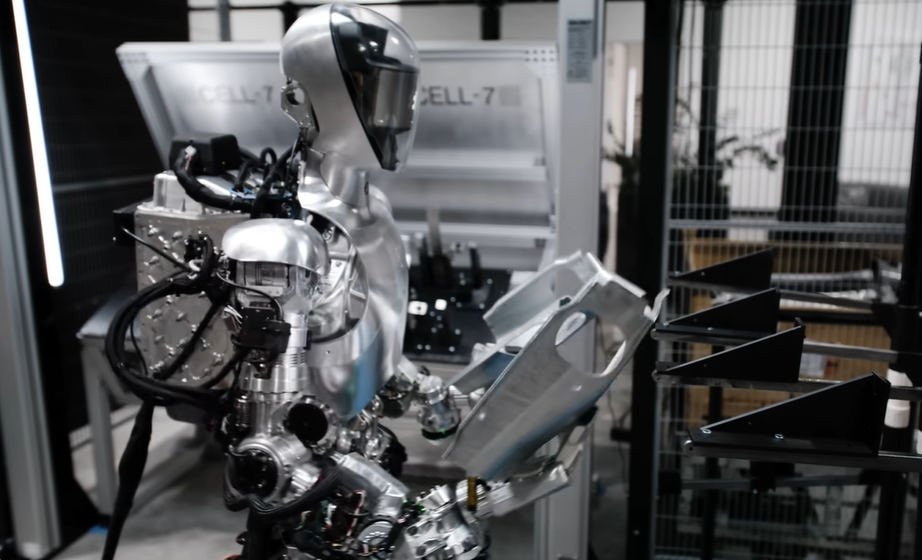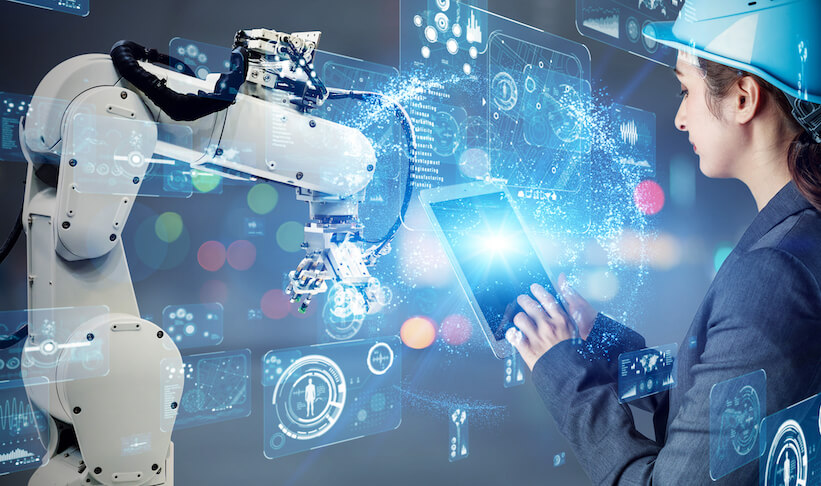Enhancing AI Capabilities with Meta’s Humanoid Robotics Division
Meta Platforms, previously known as Facebook, is venturing into the world of humanoid robotics with the launch of a new division under its Reality Labs unit. This strategic move aims to develop AI-powered robots capable of performing physical tasks, putting Meta in direct competition with industry giants such as Nvidia-backed Figure AI and Tesla.
Advancements in AI Fuel Innovation in Robotics
In an internal memo obtained by Reuters, Meta’s Chief Technology Officer Andrew Bosworth revealed the company’s plans to focus on research and development for consumer humanoid robots. The robotics group will work on enhancing Meta’s AI foundation models, known as Llama, which are already integrated into various generative AI products across Meta’s social platforms.
This foray into humanoid robotics reflects Meta’s commitment to advancing AI technologies and exploring new opportunities in the realm of robotics and automation. By investing in this area, Meta aims to strengthen its AI initiatives, including mixed and augmented reality programmes.

Key Appointments and Collaborations
To spearhead this initiative, Meta has appointed Marc Whitten, former CEO of Cruise, as vice president of robotics within the newly established division. Additionally, John Koryl, former CEO of The RealReal, will lead Meta’s retail efforts, focusing on direct-to-consumer sales of products like Quest headsets and Ray-Ban Meta smart glasses.

Furthermore, Meta has engaged in collaborations with prominent robotics firms such as Unitree Robotics and Figure AI to bolster its expertise in the field. Despite facing financial challenges, including a significant deficit in the previous quarter, Meta remains steadfast in its commitment to developing humanoid robots for household tasks.
Challenges and Future Prospects
While AI breakthroughs have propelled advancements in language models, the translation of these capabilities into physical tasks remains a challenge for robotics. Companies like Tesla and emerging startups like Apptronik are intensifying the competition in the robotics sector, prompting Meta to focus on creating its own humanoid robot hardware tailored for domestic chores.

Although Meta currently collaborates with established robotics companies, the company has not announced immediate plans to launch its own branded robot. However, Meta’s investments in research and development signify its determination to carve a niche in the evolving landscape of humanoid robotics.










